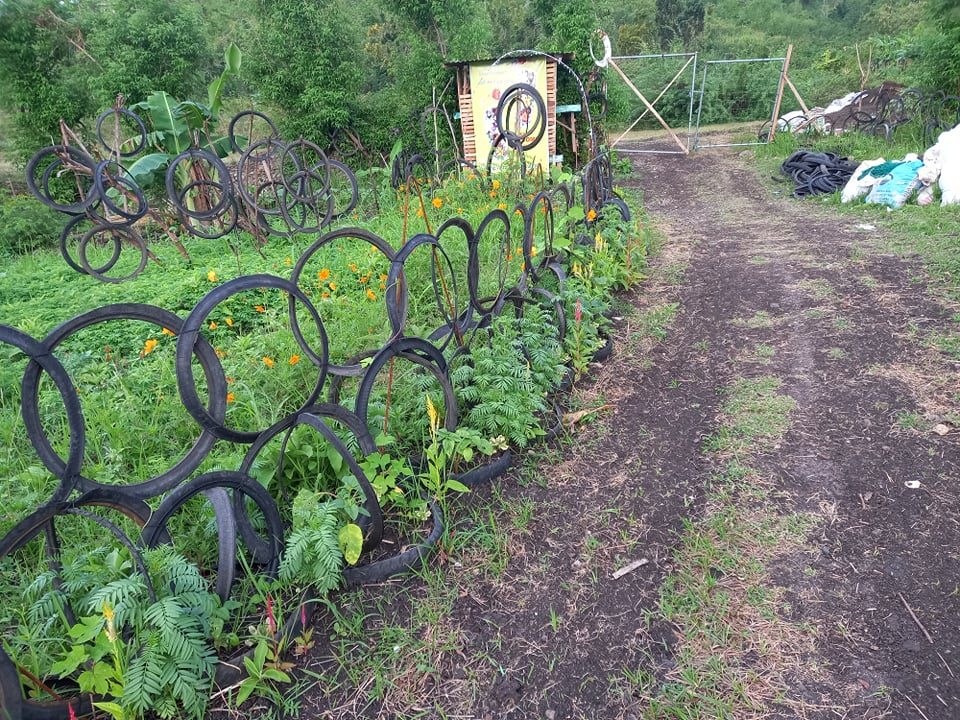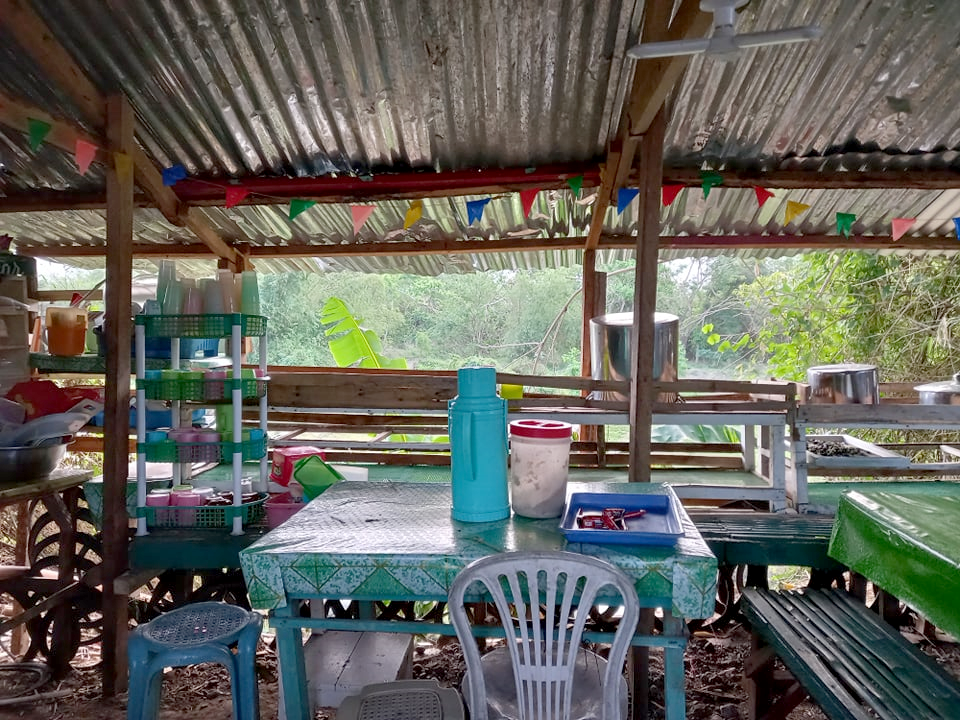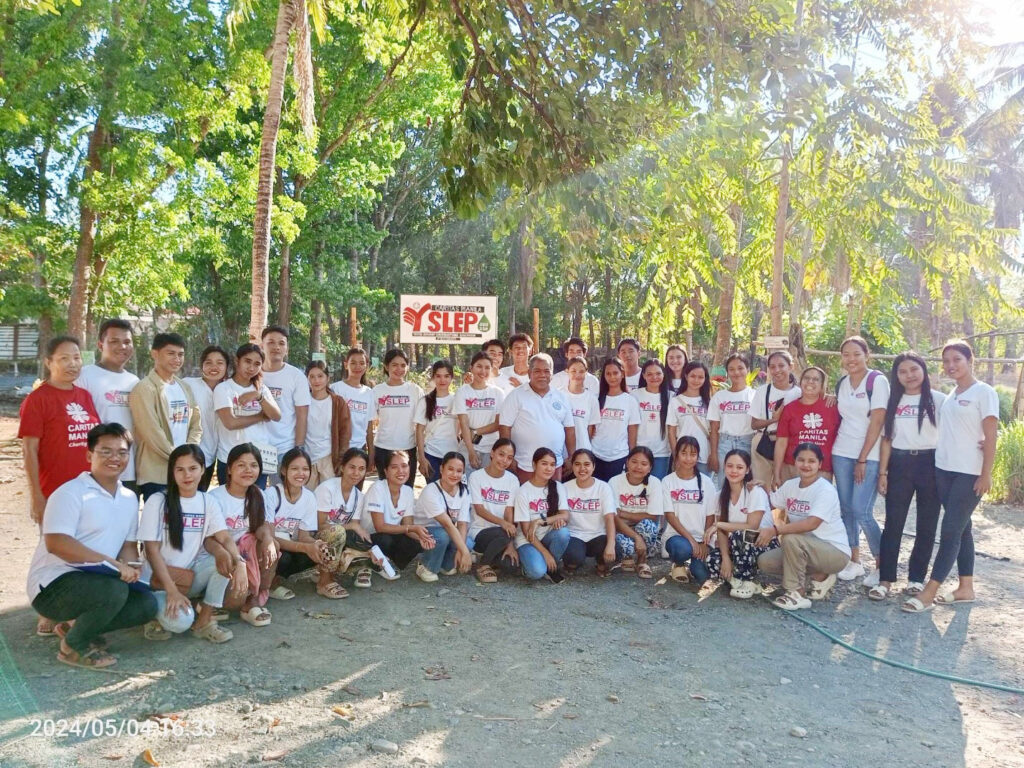Sr. Alma Mangao: Supporting Youth Leadership and Education in the Philippines
Sisters for Christian Community
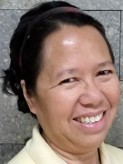
Since 2014, Sr. Alma Mangao of the Sisters For Christian Community has been involved in Caritas Manila, the social justice outreach program of the Catholic Church throughout the Philippines. The organization is geared towards total human development, poverty alleviation, and the creation of a Christian community with a strong social conscience. In 2020 Caritas Manila opened the agriculture program within its YSELP (Youth Servant Leadership and Education Program) branch to help the environment, produce healthy foods and promote personal good health through organic natural farming.
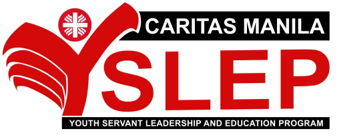
Sr. Alma explains that the goal of YSLEP is to provide opportunities for youth living in poverty to earn college or vocational/technical degrees that will help them earn higher wages, improving the economic situation for their families. Those who can finish college in the Philippines have a 98% chance of overcoming poverty. The unfortunate truth is that, in the Philippines, for every 100 children that enter grade 1, only 14 will finish college.
During their 4 years of study, YSLEP participants engage in 50 hours of church and community service every semester. They also have 8 modules of value formation every month. Because the students come from deep poverty, each student receives financial assistance from Caritas Manila for their boarding, food and school program needs.
Sr. Alma worked as a volunteer since 2014 with the YSELP program in the Diocese of San Carlos, Negro Occidental, Philippines. She facilitated the value formation sessions. She also produced massage oil to sell for additional funds for student food and individual needs. Then, in 2020 Caritas Manila acknowledged Sr. Alma’s extensive volunteer efforts and hired her as consultant and implementer of the San Carlos Diocese pilot demo farm.
When asked about her work with YSELP, Sr. Alma says, “For me this is a very inspiring ministry because it is a changing life situation for the students and their extended families. The students learn how to prepare the land for planting, how to plant and tend to the gardens organically, and then how to effectively harvest the produce. We have a house where the students learn how to cook what they grow. Right now, all of this goes slowly because we’re doing all the watering manually. Our plan is to have a raised tank so that gravity will water the plants. We were also successful in the hydroponics project. This year in 2024 we have 24 graduating. There are 20 incoming scholars for the coming school year.”
